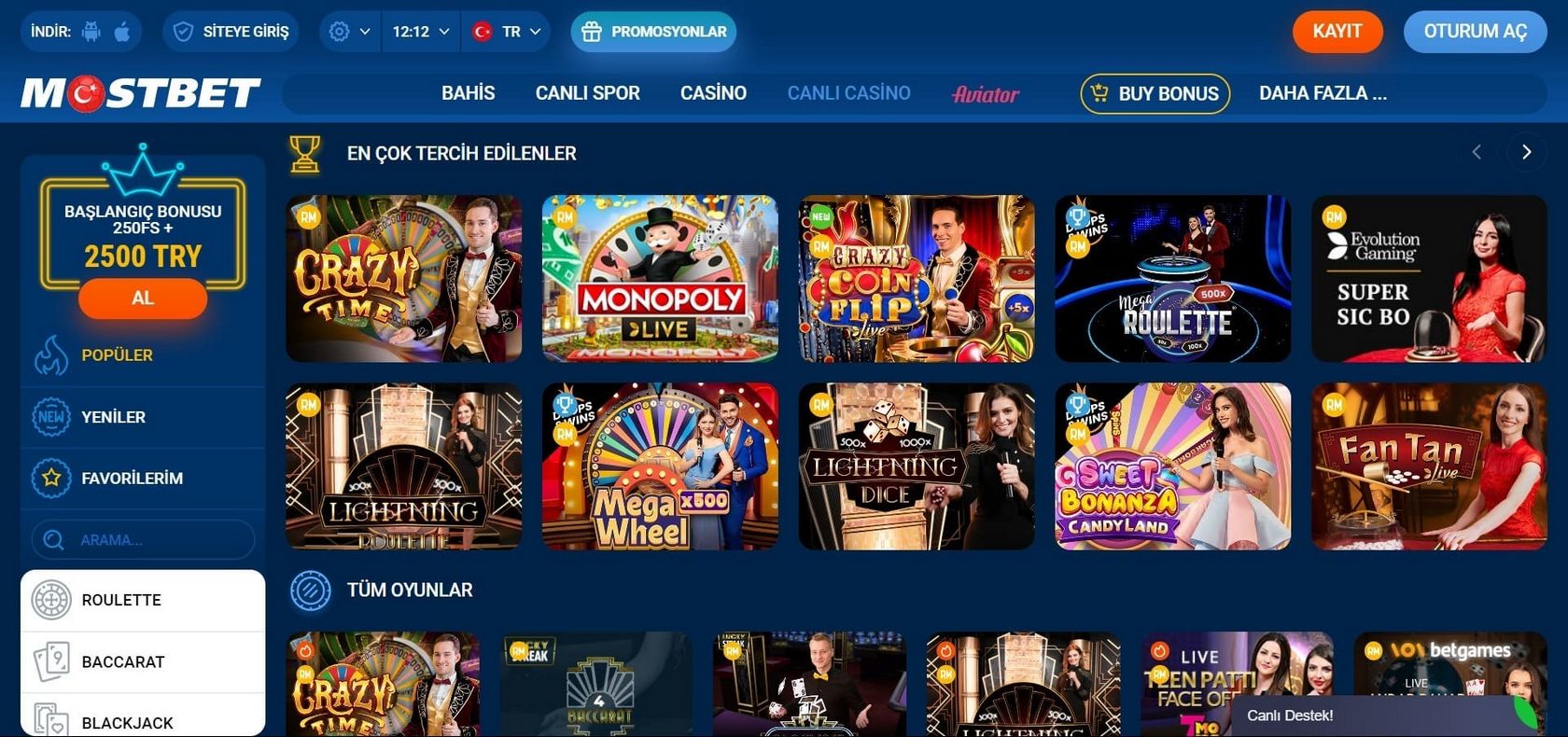
Wir sind der beste Ort, um kostenlos im Online-Casino zu spielen, ohne Einzahlung oder Registrierung. Willkommenspaket: 3000 EUR + 500 Freispiele.
Willkommen im Vox Casino, dem besten Online-Casino für Spieler aus Deutschland! Suchen Sie nach einem Ort, an dem Spannung auf große Gewinne trifft? Dann ist das Vox Casino die perfekte Wahl. Wir bieten zahlreiche Spiele, großzügige Bonusangebote und erstklassigen Service. Registrieren Sie sich jetzt und überzeugen Sie sich selbst, warum das Vox Casino das führende Online-Casino ist!
Spielen und gewinnen Sie im Vox Casino.
Im Vox Casino finden Sie alles, was Sie für ein unvergessliches Erlebnis brauchen. Unser Angebot umfasst:
Die besten Online-Spielautomaten
Von klassischen Slots bis hin zu modernen Bonusspielen.
Live-Casino
Echte Dealer und Las Vegas-Vergnügen.
Unbegrenzte Bonusangebote
Ab 3.000 EUR + 500 Freispiele zum Start!
Warten Sie nicht – melden Sie sich noch heute bei Vox Casino an und spielen Sie Ihre Lieblingsspiele. Die Anmeldung dauert nur eine Minute und schon stehen Ihnen die Vorteile zur Verfügung.
Einladungsbonus im Vox Online Casino
Starten Sie Ihr Vox Online Casino-Erlebnis mit einem besonderen Willkommensbonus:
3.000 EUR
Wir erhöhen Ihre erste Einzahlung um diesen Betrag.
500 Freispiele
Genießen Sie Top-Slots wie Starburst oder Book of Dead.
Zahlen Sie mindestens 10 EUR ein. Registrieren Sie sich, aktivieren Sie den Bonus und spielen Sie vom ersten Tag an mit einem Vorteil im Vox Online Casino!
Warum ist Vox Casino Ihre Wahl?
Eine große Auswahl an Spielen – über 500 Titel von führenden Anbietern wie NetEnt und Microgaming.
Schnelle Auszahlungen – Ihre Gewinne werden innerhalb von Minuten auf Ihr Konto überwiesen.
Deutschland: Benutzeroberfläche und Support in Gloss, Auszahlung in EUR.
Sicherheit – Das Vox Casino ist lizenziert, um die Sicherheit und den Schutz Ihrer Daten zu gewährleisten.
Was finden Sie im Vox Online Casino?
Suchen Sie nach Nervenkitzel? Im Vox Casino erwarten Sie:
Spielautomaten, sowohl Klassiker als auch Neuerscheinungen mit hohen Auszahlungen.
Tischspiele wie Roulette, Blackjack, Poker und vieles mehr.
Gewinne im Wert von Tausenden Zloty in modernen Spielen.
Sie müssen kein Profi sein – im Vox Casino bieten wir Ihnen einen Demomodus, in dem Sie die Spiele kostenlos ausprobieren können.Erfahren Sie hier mehr vox casino Aus unserem Artikel Wenn Sie bereit sind, spielen Sie um echtes Geld und gewinnen Sie Gewinne!
Vox Casino – Komfort und Unterhaltung
Spielen Sie im Vox Casino auf Ihrem Computer, Smartphone oder Tablet – immer in bester Qualität. Wir unterstützen gängige Zahlungsmethoden in Deutschland wie Blik, Transfer24 und Visa, sodass Ein- und Auszahlungen schnell und bequem ablaufen. Melden Sie sich im Vox Casino an und finden Sie ein Online-Casino, das Ihnen den Sieg sichert.
Spielen Sie jetzt im Vox Casino!
Verpassen Sie nicht die Gelegenheit – im Vox Casino werden Träume von großen Gewinnen wahr. Registrieren Sie sich, erhalten Sie einen Bonus von 3.000 EUR + 500 Freispiele und spielen Sie jetzt. KLICKEN SIE UNTEN und werden Sie Teil des Vox Casinos!
Spielen Sie im VoxCasino Casino
Für Online-Casino-Besucher ist die offizielle Website nicht die einzige Online-Spielplattform. Sie können auch auf gespiegelten Quellen, in der Webversion oder über eine mobile App spielen. Die Spieleseite bietet günstige und sichere Bedingungen für das Wetten, unabhängig von der Anmeldemethode.
Spiegel- oder offizielle Website – Wo kann ich im Online-Casino spielen?
Ein Spiegel ist eine Online-Quelle mit denselben Funktionen wie die Hauptwebsite. Lediglich der Link ist unterschiedlich. Spiegelseiten verwenden alternative Domains, die nicht auf der Liste der blockierten ISPs stehen.
Das Hauptziel von Spiegelseiten ist es, die Sperre zu umgehen und Zugriff auf das persönliche Konto des Spielers, aktive Bonusangebote und andere Vorteile zu ermöglichen. Spiegel und offizielle Website nutzen eine gemeinsame Datenbank. Der Spieler kann auf der Hauptwebsite ein Konto erstellen und Geld einzahlen, sich dort anmelden und auf der Spiegelseite wetten.
Ein weiteres Ziel von Spiegelseiten ist die Reduzierung der Serverlast. Das Besucheraufkommen kann am Vorabend des Wochenendes erheblich zunehmen. Um den Datenverkehr zu reduzieren, werden Nutzer auf dauerhafte Ressourcen umgeleitet.
Das Spielen im Online-Casino über den Mirror ist für Besucher geeignet, die die Hauptwebsite blockiert haben. Zugriffsbeschränkungen werden in der Regel durch Maßnahmen der Internetanbieter verursacht. Weitere Gründe für vorübergehende Ressourcenausfälle:
Hackerangriffe;
technische Probleme auf dem Server;
Aktualisierung von Inhalten;
die Netzwerkhardware des Nutzers ist unzureichend.
Aktuelle Mirror-Bilder erhalten Sie vom Support-Team. Bitte beachten Sie, dass auch funktionierende Links zu Replikationsseiten mit der Zeit blockiert werden können. Daher sollten Sie die Liste der aktuellen Mirrors regelmäßig aktualisieren.
Mobile Version der Website
Wenn sich ein Spieler von seinem Smartphone aus auf der offiziellen Website anmeldet, wird er zur mobilen Version weitergeleitet. Die Benutzeroberfläche passt sich automatisch an die Größe von Smartphone-Bildschirmen an. Die mobile Version ist plattformübergreifend und bietet Funktionen, die mit denen einer Desktop-Website vergleichbar sind. Die wichtigsten Vorteile der Online-Version:
Virtuelle Spiele funktionieren auf allen Smartphone- und iPhone-Modellen.
Die Casino-Website passt sich den Anforderungen der Geräte an.
Der Datenschutz ist gewährleistet.
Die Sicherheit der Spielkonten ist gewährleistet.
Alle Online-Casino-Dienste sind verfügbar.
Ein weiterer Vorteil der Browser-Version ist der Komfort. Sie können Slots von jedem beliebigen Ort aus auf Ihrem Smartphone spielen. Die Web-Version nutzt den Datenverkehr effizient und funktioniert zuverlässig auf Mobiltelefonen mit minimalem Speicherbedarf.
Die Vorteile und Aktionen der Desktop-Website sind auch in der mobilen Version verfügbar. Das Angebot umfasst Einzahlungsgeschenke, Events, Jackpots, Lotterien und weitere Anreize. Mit einem Aktionscode erhalten Sie den Bonus zu deutlich günstigeren Konditionen.
App herunterladen und installieren oder online spielen?
Smartphone-Besitzer können das Online-Casino nicht nur über die Browser-Version spielen. Sie können die App auch auf ein Android-Gerät herunterladen. Der Link zu den Installationsdateien ist kostenlos. Sie finden das Installationspaket im Menü „Mobile App“. Sie müssen kein Konto registrieren, um die Software auf Ihren Computer oder Ihr Smartphone herunterzuladen.
Berücksichtigen Sie bei der Auswahl eines Spiels über die App oder die Website Ihre persönlichen Präferenzen. Die Installation der App ist wichtig, wenn die Webversion der Ressource häufig blockiert ist. Zu den Vorteilen der App gehört die automatische Suche nach aktiven Mirrors. Beim Spielen in der App bemerkt der Nutzer nicht einmal, dass das Casino-Portal vorübergehend gesperrt ist.
Da der Browser nicht für den Zugriff auf Slots verwendet wird, sparen Spieler Internetverkehr. Sie können den Spielraum betreten und mit dem Spielen beginnen, auch wenn sie kurzzeitig keine Internetverbindung haben. Dies gewährleistet die Sicherheit von Zahlungen und die Privatsphäre der Besucher.
Die Spielautomaten in der App werden in höchster Qualität dargestellt. Die Grafiken der Slots werden nicht verzerrt, egal ob das Handydisplay vertikal oder horizontal ausgerichtet ist. Sowohl in der App als auch auf der Website kann kostenlos und ohne Registrierung gespielt werden.
Nach der Installation der App kann der Nutzer ein personalisiertes Bonusangebot erhalten. Für Spieler, die ihre Kontoregistrierung abgeschlossen haben, gibt es ein besonderes Geschenk. Nach Aktivierung des Bonuscodes werden Zinsen auf den Einzahlungsbetrag oder Freispiele gutgeschrieben.
Sicherheit und Datenschutz im Online-Casino
Online-Spielen im Casino ist nicht nur bequem und effektiv, sondern auch sicher. Spezielle Software gewährleistet den Schutz von Kontoguthaben und Privatsphäre. Die Website ist zuverlässig vor Cyberangriffen und anderen Angriffen geschützt.
Der Spieler gibt bei der Registrierung und bei der Abwicklung von Finanztransaktionen persönliche Daten an. Die Vertraulichkeit der persönlichen Daten wird durch SSL-Sicherheit gewährleistet. Nur der Kontoinhaber kann sich in sein Konto einloggen und eine Auszahlung beantragen.
Das Sicherheitssystem funktioniert einwandfrei, wenn Sie das Casino über die Desktop- oder Mobilversion besuchen. Spieler, die über Mirrors oder Apps spielen, sind ebenfalls geschützt. Unabhängig von der Anmeldemethode bleiben alle Funktionen Ihres persönlichen Kontos vollständig erhalten.
Technischer Support
Online-Casino-Besucher können jederzeit den technischen Support kontaktieren. Das Bereitschaftspersonal ist 24 Stunden am Tag, 7 Tage die Woche für Sie da. Sie können eine Anfrage auf verschiedene Weise einreichen:
Anrufen;
E-Mail;
Online-Support-Schaltfläche.
Die wichtigste Funktion ist die Option „24/7-Support“. Über diesen Reiter können Spieler die passende Lösung für ihre Anfrage finden. Sollte kein passendes Thema dabei sein, können Sie einen Chat mit einem Mitarbeiter eröffnen. Der Bereitschaftsmitarbeiter antwortet Ihnen innerhalb weniger Minuten. Zur Vereinfachung können Sie die Option „Kundenprofil“ nutzen. “
Wie registriere ich mich im Casino?
Um alle Funktionen des Casinos nutzen zu können, müssen Sie ein Konto erstellen. Wir bieten Online-Casino-Besuchern eine vereinfachte Registrierung, die nur eine Minute dauert. Die Eröffnung eines Spielerkontos erfolgt über ein kurzes Formular. Geben Sie Ihre E-Mail-Adresse und Ihr Passwort in das Registrierungsformular ein. Der Link wird Ihnen per E-Mail zugesandt. Klicken Sie darauf, um Ihre Registrierung zu bestätigen.
Sie können Ihr Konto über soziale Netzwerke registrieren. Zahlreiche beliebte soziale Netzwerke stehen Ihnen zur Verfügung: Facebook, VKontakte, Yandex, Odnoklassniki usw. Nach der Anmeldung werden Ihre Daten automatisch an den Server des Online-Casinos übertragen.
Die Kontoregistrierung erfolgt über den Mirror, die mobile App oder die Desktop-Version. Die Kontoeröffnung ist für alle Anmeldemethoden gleich. Nur volljährige Spieler können ein Konto eröffnen und um echtes Geld an Spielautomaten spielen. Das Alter des Spielers wird während des Bestätigungsprozesses überprüft.
Spielauswahl
Der Automatenkatalog umfasst lizenzierte Versionen führender Hersteller. Viele Spiele stammen von Evoplay, Majorly Gaming usw.
Die Auswahl umfasst Trommel-, Tisch- und Kartenspiele. Das Magazin umfasst mehrere klassische Versionen mit einfachen Zahlungsmethoden sowie modernere 3D-Automaten mit Bonusfunktionen. Die Galerie wird regelmäßig mit neuen einarmigen Banditen aktualisiert.
Das Spielen im Online-Casino ist bequem und sicher. Sie können von jedem internetfähigen Gerät aus auf den Dienst zugreifen. Nach der Installation der App können Sie ohne Browser surfen.












